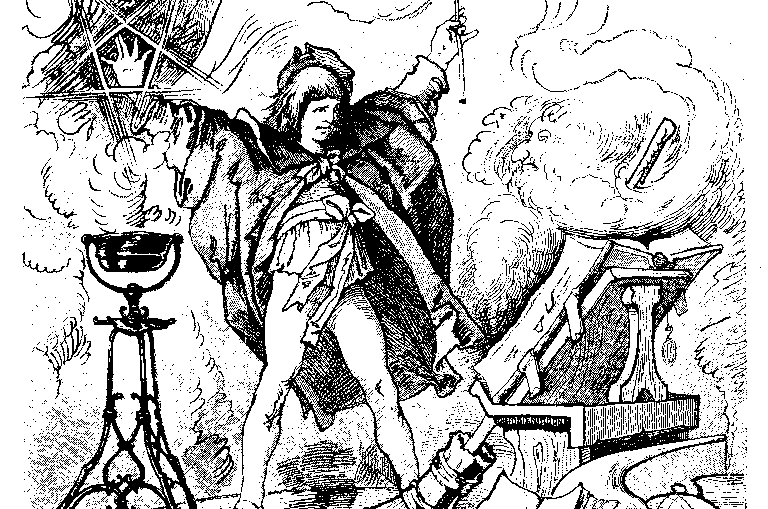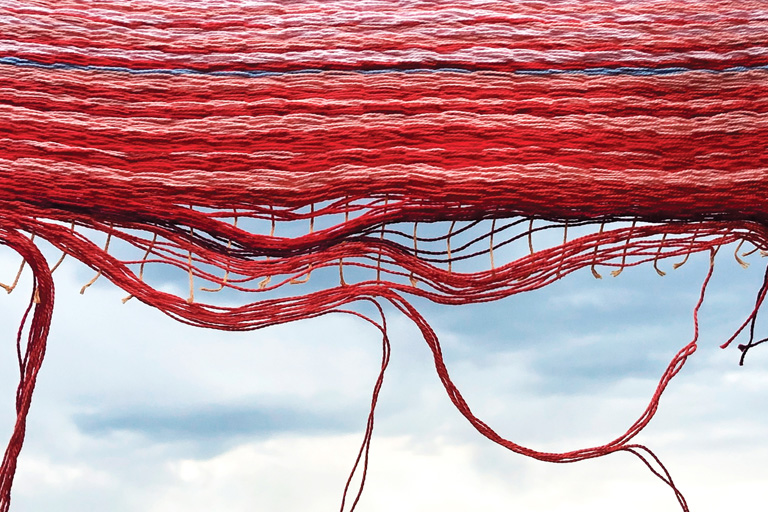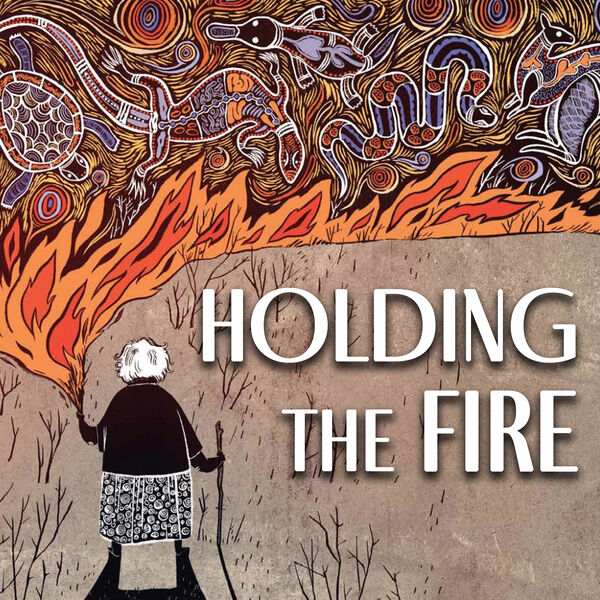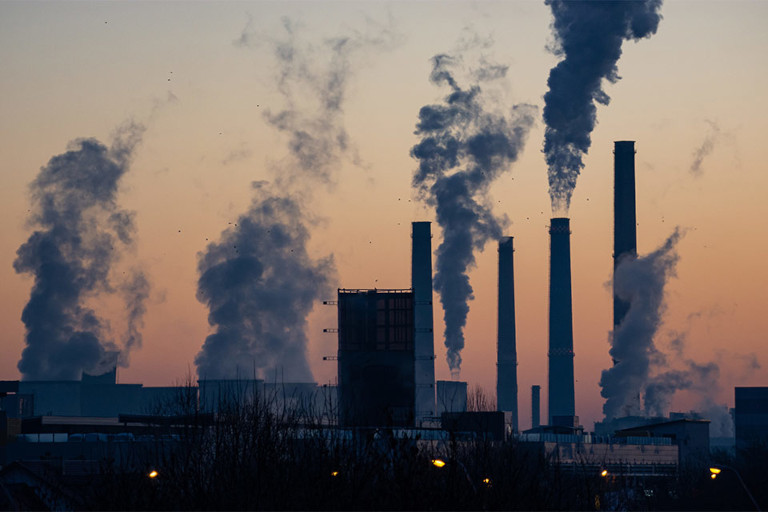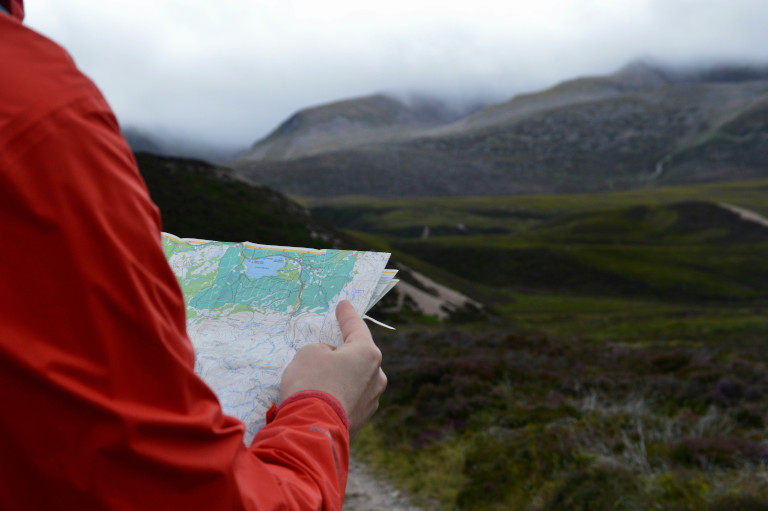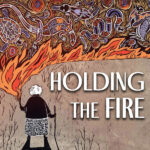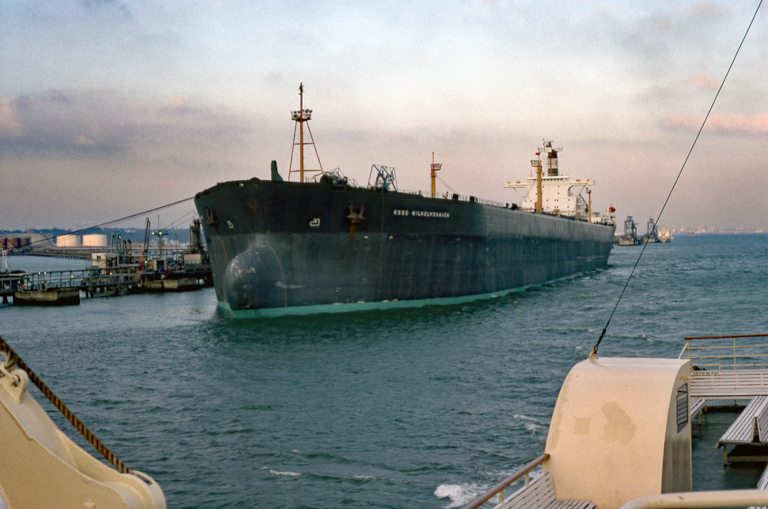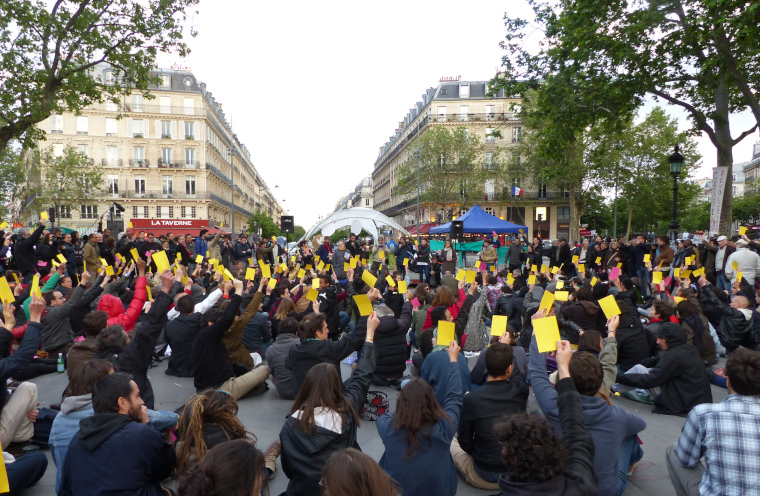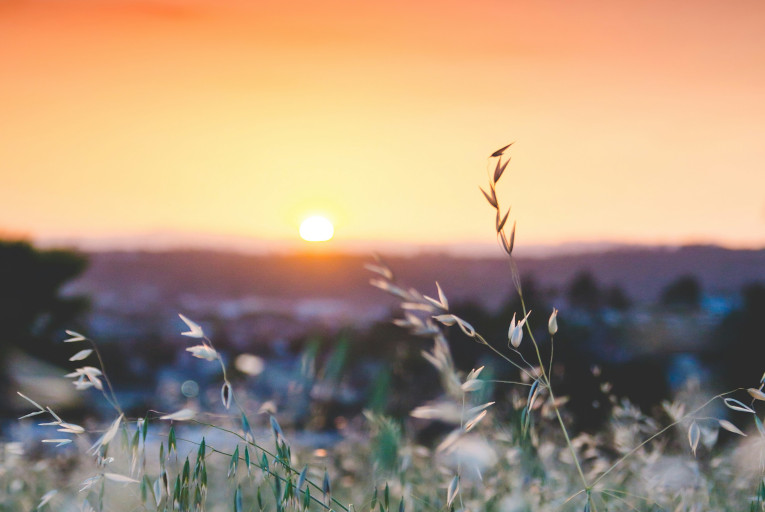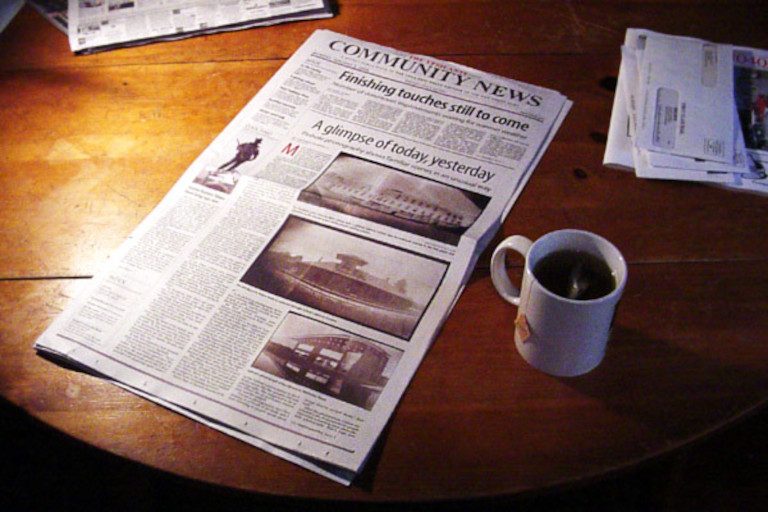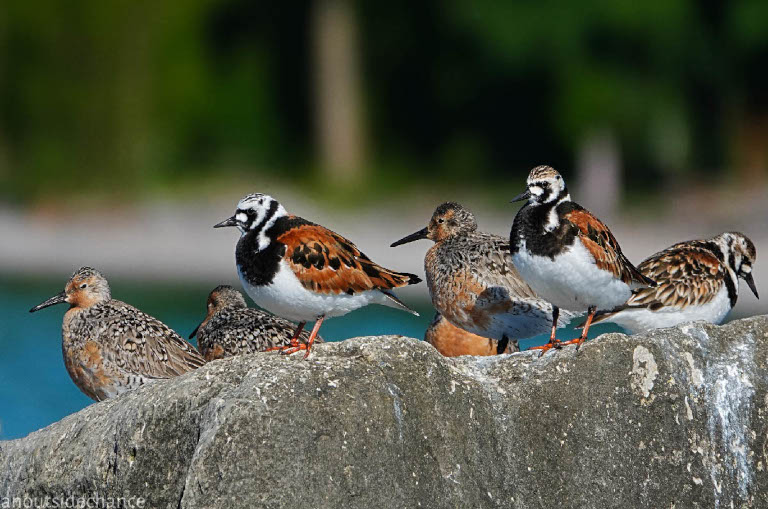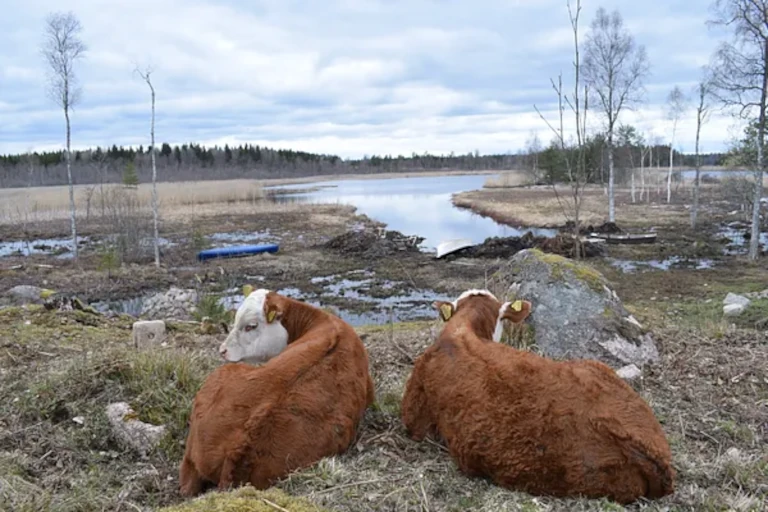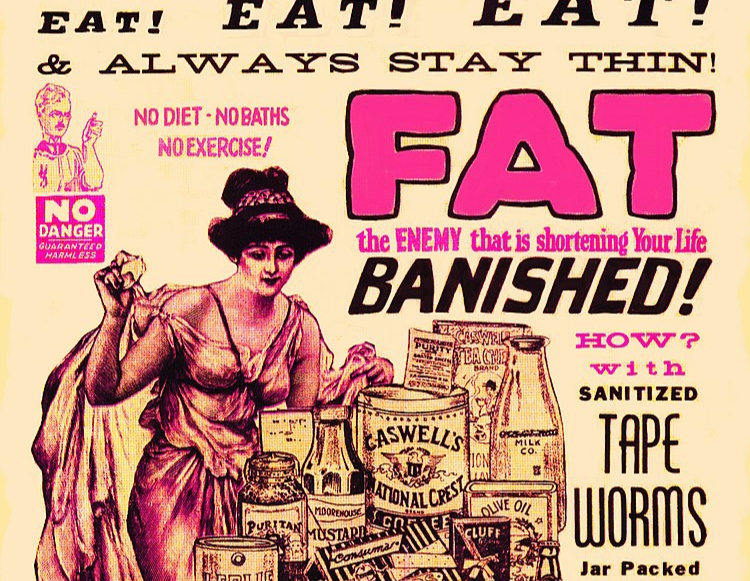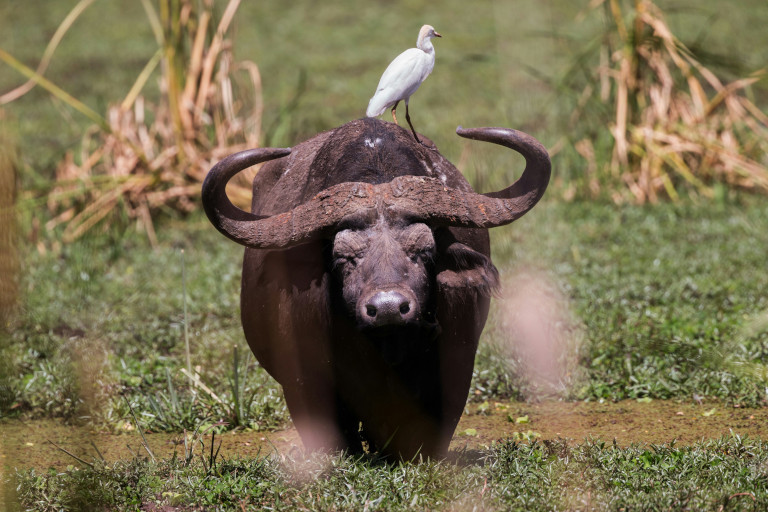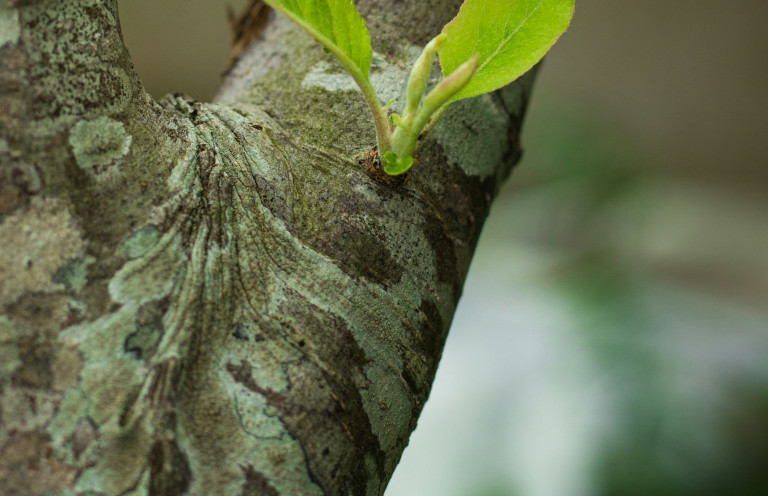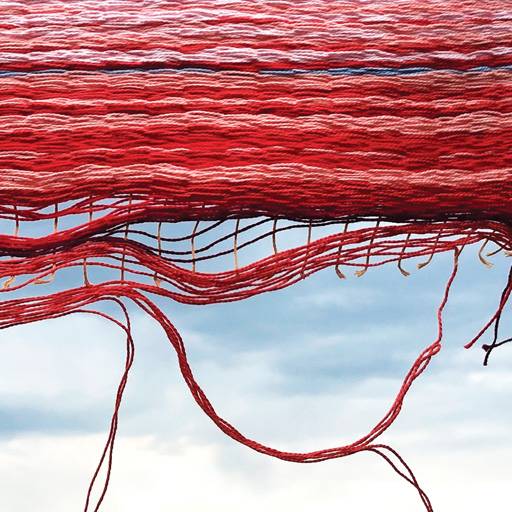A World Run by Machines
Mary Wildfire, Resilience.org
Invitation to a Journey
Richard Heinberg, Resilience.org
Going Sane in a Crazy World
Richard Heinberg, Resilience.org
Individual psychological resilience is valuable for its own sake. But it may also be essential to the bigger and more important project of creating a human world that’s actually sane—i.e., one that serves the long-term survival of our species within a healthy ecosphere.
Energy
Featured Topics
The Great Unraveling
Environmental and social challenges are now compounding to threaten the very systems that support the world we know. What does this Great Unraveling mean for both human civilization and the global ecosystem, and what we can do in response?
Holding the Fire
Award-winning journalist and author Dahr Jamail hosts in-depth interviews with leaders from around the world to uncover Indigenous ways of reckoning with environmental and societal breakdown.
Think Resilience
Start doing something about climate change and our other sustainability challenges—starting in your own community.
Think Resilience features twenty-two short video lectures by Richard Heinberg, one of the world’s foremost experts on the urgency of transitioning away from fossil fuels.
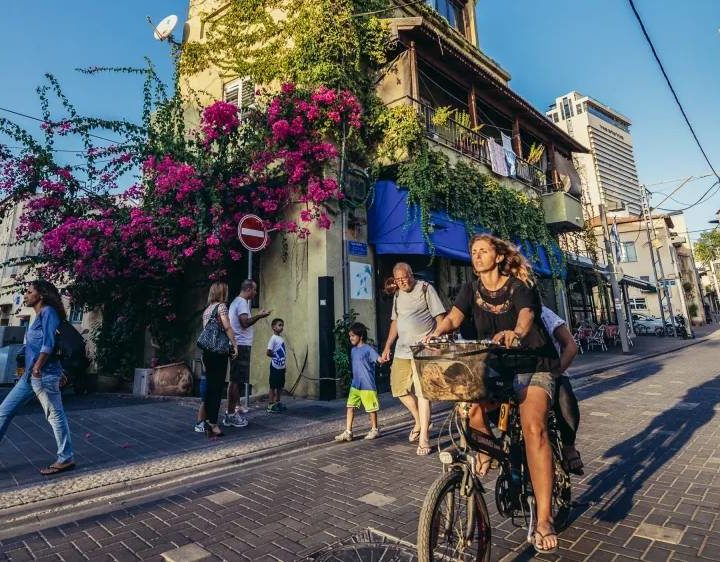
Now at Resilience+
Deep Dive: Building Emotional Resilience
- Panel event with renowned experts (live and recorded)
- Live discussion hosted by Good Grief Network
- 2 recorded interviews with emotional resilience experts
- 3 articles by Richard Heinberg and Rachel Donald
- Additional curated resources


